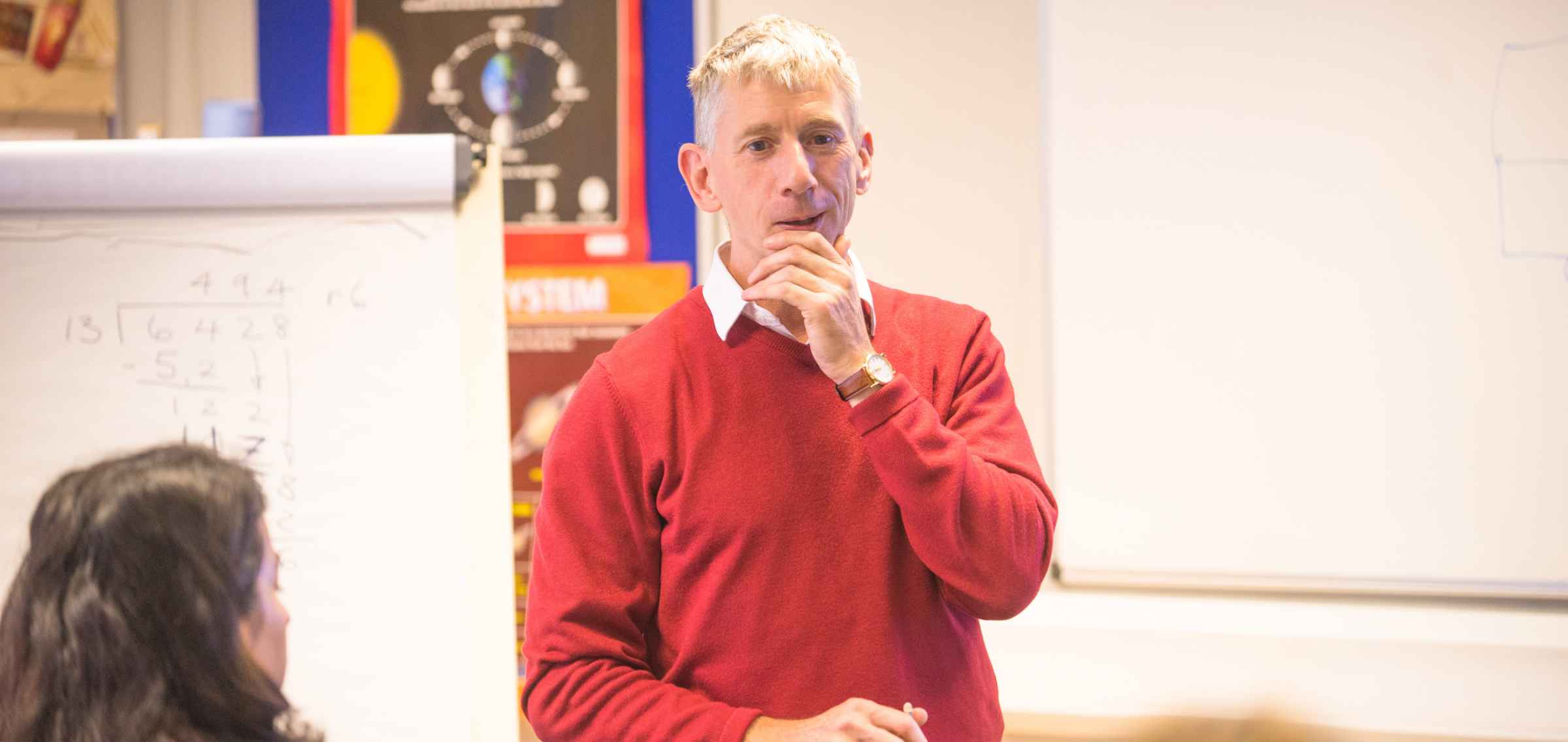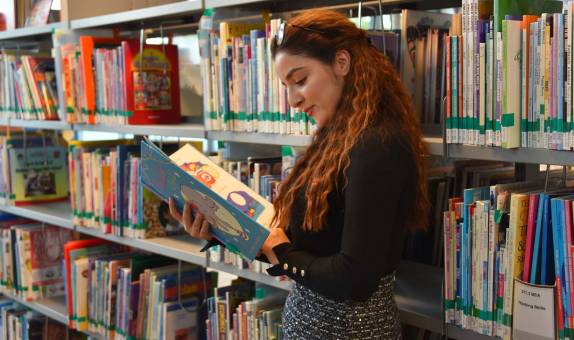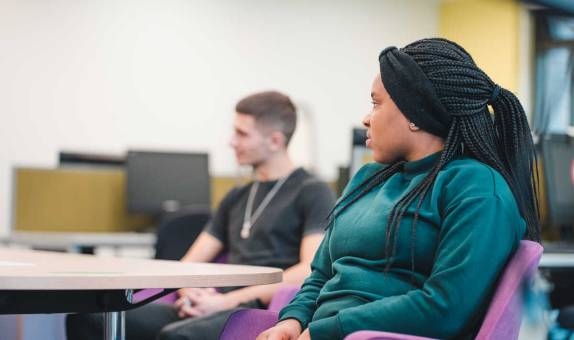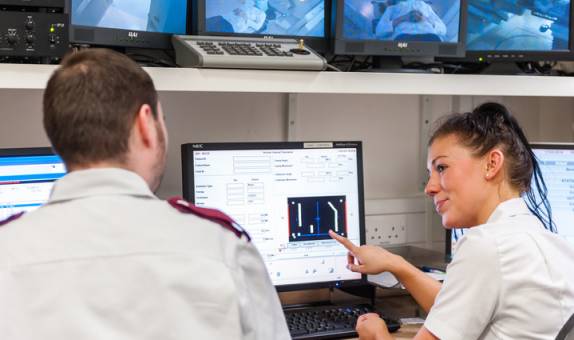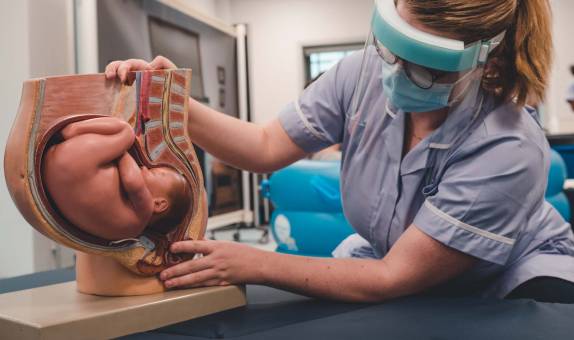Educational Research
The Department of Education aims to improve the lives of learners in all settings and to enhance the wellbeing of communities in which they form part in education-related fields. A close relationship with experienced and ingénue education and child care professionals and partner institutions regionally and nationally underpins our research activity.
We provide a wide range of undergraduate and postgraduate programmes including initial teacher education (subject to the requirements of the Department of Education) and continuing professional development, which are informed by our research specialisms and expertise.
As part of an Educational Research Group (ERG), there are four Special Interest Groups (SIGs) focusing upon inclusion and social justice; science; mathematics; and Early Years.
Key research areas
A wide range of research projects have been undertaken and encompasses all sectors, from Early Years to further and higher education. Partnerships and networks within higher education, and between the Special Interest Groups and practice-based settings, continue to be central to our research, as do those that relate to professional development opportunities for teachers in the region and internationally.
We are very active in attending professionally relevant conferences and presenting papers which lead to published outcomes.
Educational Research Group
Our academic staff have developed research expertise within various contexts and settings across the education sector, from nursery to higher education; work-based and intercultural learning to the formation of inclusive and international curricula. A broad range of participatory and networking opportunities for experienced, early career and student researchers provides a strong foundation for rigorous, research-led pedagogy and praxis.
Special Interest Groups (SIGs) form the core of the Educational Research Group; acting as catalysts for the development of conceptual, theoretical and empirical-based knowledge generation with dissemination through a range of publications, including books, book chapters, journals in addition to conferences, seminars and workshops. Recognising the potential for multi and interdisciplinary perspectives, the SIGs actively seek to develop and extend networks within and beyond the University; crossing discipline-related thresholds and creating synergy between theory and practice.
With a strong and long-standing commitment to continuing professional development and practitioner research, the Department of Education also possesses a portfolio of award-bearing programmes including a Master of Research (Education) which provides suitable preparation for those considering doctoral studies in this field. We also offer an Education Doctorate (EdD) which is designed for educational professionals working in a wide range of settings.

Special Interest Groups (SIGs)
Special Interest Groups
Upcoming research events
If there are no research-specific events listed here, please do check the University-wide events.
